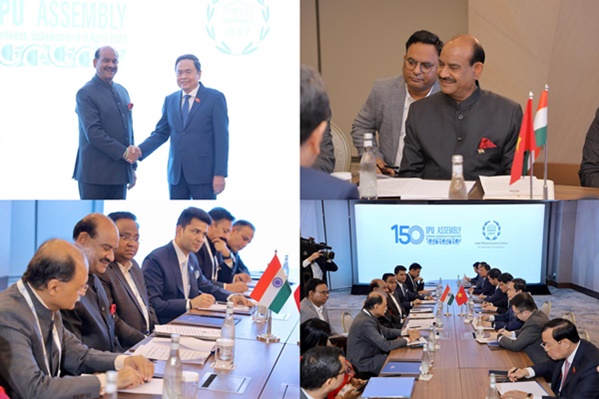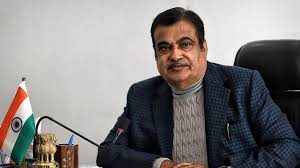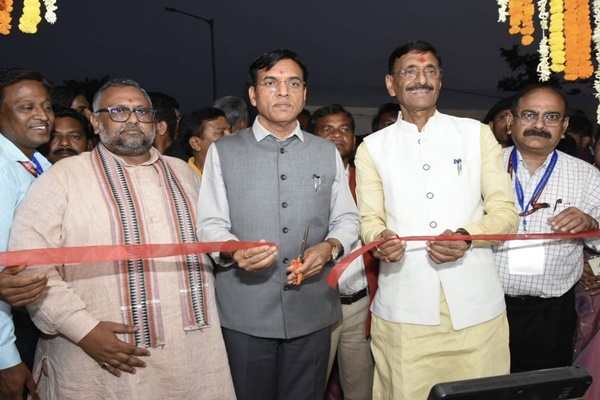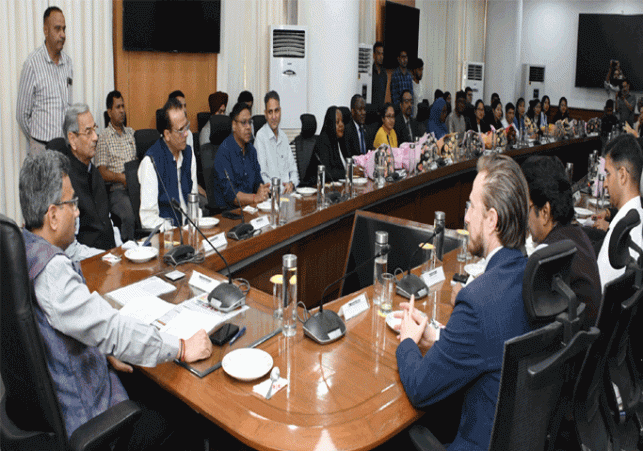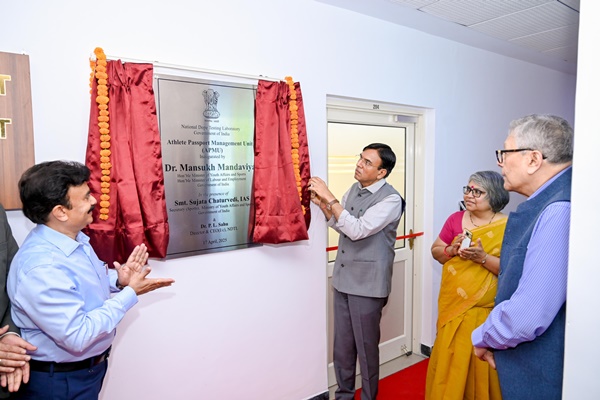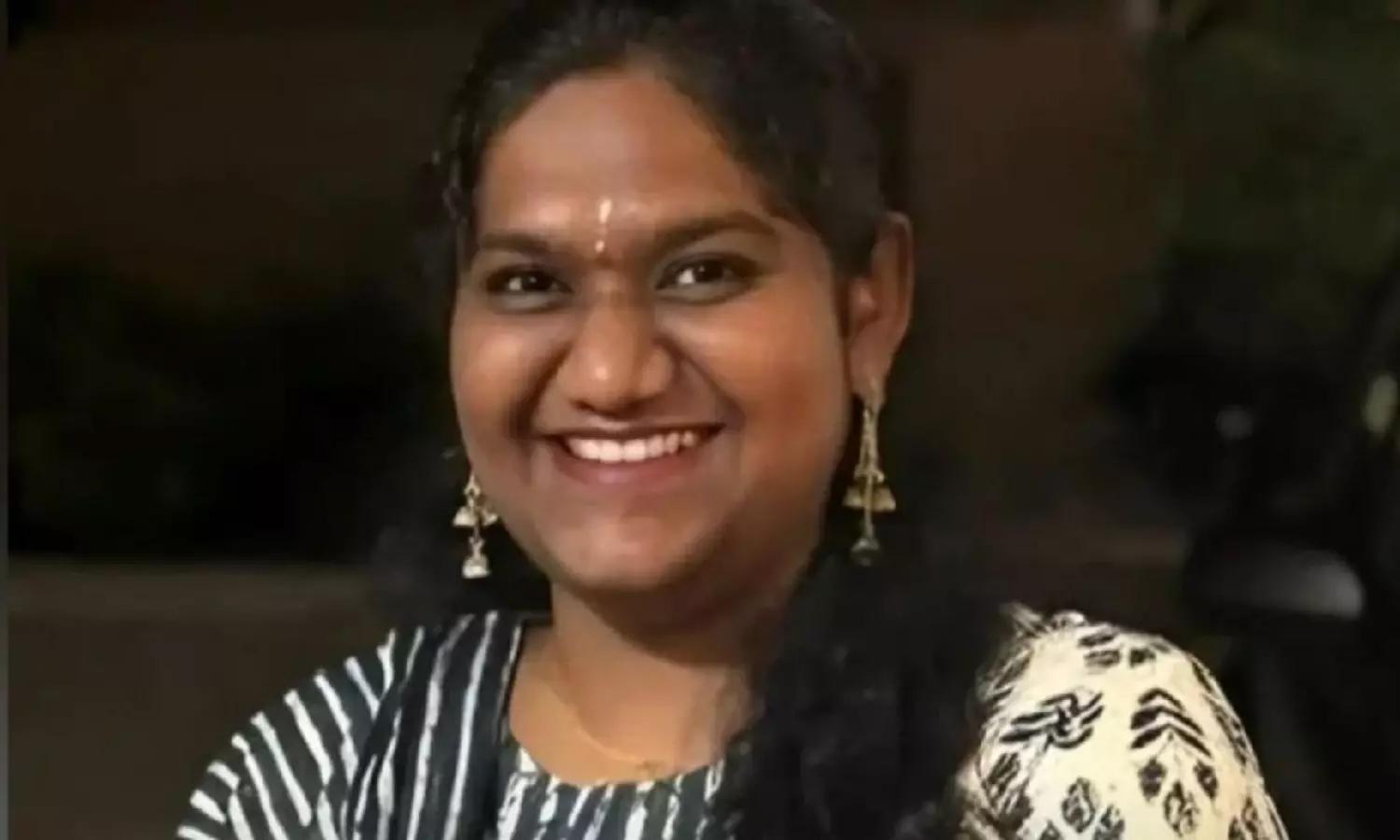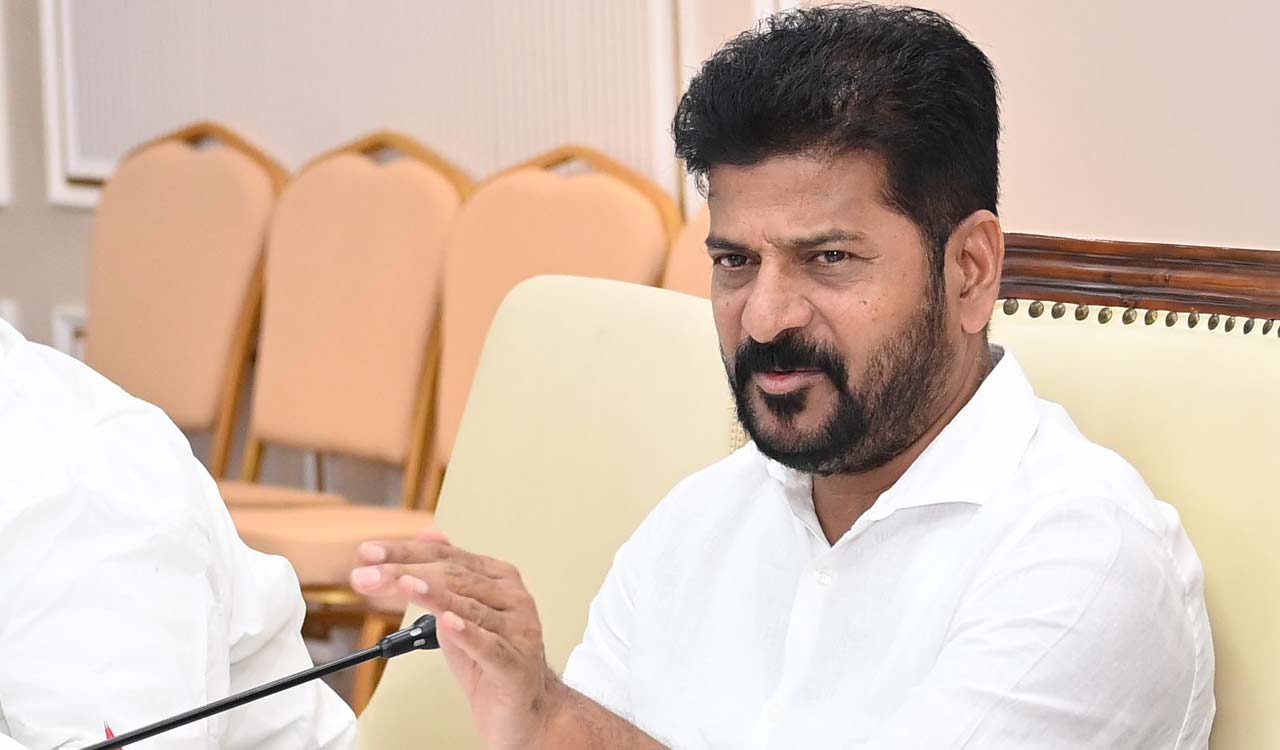Rajya Sabha passes Maternity Benefit Amendment Bill
Fri 12 Aug 2016, 11:06:03

The Rajya Sabha on Thursday passed the Maternity Benefit (Amendment) Bill, 2016, that provides 26-week maternity-leave benefit to working women in the organised sector.
The Union Cabinet, chaired by Prime Minister Narendra Modi, on Wednesday gave its ex-post facto approval for amendments to the Maternity Benefit Act, 1961, by introducing the Maternity Benefit (Amendment) Bill, 2016. The Maternity Benefit Act, 1961, protects the employment of women during the time of maternity and entitles them to a full paid absence from work to take care of the child.
The measure also seeks to increase maternity benefit from 12 to 26 weeks for two surviving children, which would benefit about 1.8 million women in all establishments, including the private sector. The act is applicable to all establishments employing 10 or more people.
Once the law is enacted, India will jump to the third position in terms of the number of weeks for maternity leave after Norway (44) and Canada (50), said Labour Minister Bandaru Dattatreya, during the debate on the legislation.
The Maternity Benefit (Amendment) Bill, 2016, was passed by voice vote by the House, even as some members sought norms for paternity leave also, so that parents can share the responsibility of
raising children.
raising children.
Amendments include increasing maternity leave from 12 weeks to 26 weeks for two surviving children and 12 weeks for more than two children, 12 weeks maternity leave to a “commissioning mother” and “adopting mother” and mandatory provision of creche in establishments having 50 or more employees.
At present, the Maternity Benefit Act does not provide any maternity leave for commissioning or adopting mothers. Seeking provisions for paternity leave, Rajni Patil (Congress) said “the father too is responsible for raising a child”.
However, Dattatreya clarified that the provision of 50 employees will be applicable to even those organisations that do not have a single woman employee, highlighting that even a man can bring a child to the office creche.
Satish Chandra Mishra (BSP) sought clarity on whether surrogate mothers were included in the bill, to which Maneka Gandhi, Minister for Women and Child Development replied that “since the purpose of the Bill is actually to bond with the child, she (surrogate mother) is not covered.”
However, after a demand from the members, the minister said he would examine the suggestions of extending the benefit to surrogate mothers, too.
No Comments For This Post, Be first to write a Comment.
Most viewed from Specials
Most viewed from World
AIMIM News
Latest Urdu News
Most Viewed
May 26, 2020
Do you think Canada-India relations will improve under New PM Mark Carney?
Latest Videos View All
Like Us
Home
About Us
Advertise With Us
All Polls
Epaper Archives
Privacy Policy
Contact Us
Download Etemaad App
© 2025 Etemaad Daily News, All Rights Reserved.












